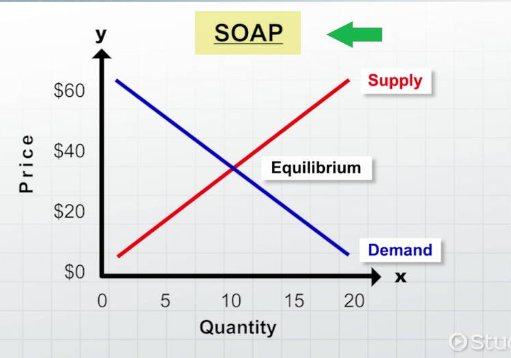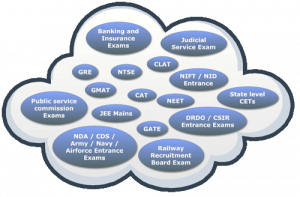Best Books to Read in 2023
Best Books to Read in 2023 Are you a bookworm or a bibliophile, if yes, then this is the ...
Mastering Economics in 2024: Navigating the CBSE Board Exams with Expert -wise
Students are preparing for the 2024 CBSE Economics Exams to demonstrate their economic knowledge. Successfully passing these tests demands careful study of important subjects and abilities. This book will cover key test subjects, give 20 Important Questions , and provide advice to help you perform well. This guide will help you pass the CBSE Economics Exams in 2024, whether you’re a diligent student or trying to improve.

Also, read Score high CBSE Board Exams : 20 Masterful Strategies for Writing Perfect Answers
Scoreboard Secrets: Strategies for Success

20 Must-Know Questions for CBSE Economics Exams 2024
Finally, to succeed in the CBSE Economics Exams of 2024, you need a thorough comprehension of the major themes, a well-planned study schedule, and effective exam-taking Mastering the main topics, practising with the questions, and using the recommendations will improve your preparation and boost your score. Focus, manage your test time, and answer each question. We hope this tutorial helps you pass the CBSE Economics Exams in 2024.
Read more,
Boost Your Score by 20%: Apply best Tips Time Management in the CBSE Board Exams
CBSE Class 10 & 12 Transformation: 3 Languages, New Grading, National Credit Framework
Meet Tanu Bhatnagar, an educational expert with extensive experience in teaching, research and mentoring.With a decade in... (Full bio)

Best Books to Read in 2023 Are you a bookworm or a bibliophile, if yes, then this is the ...

In the exhilarating journey of 10 Proven Memorize Techniques for Students learning, memory is your trusty companion. Whether ...

Top 20 toughest exams in world is about exams in the world that required very hard work to ...

Top 20 toughest exams in India - Exams are the perhaps most toughest moments for any student. A ...

Top 20 Colleges of DU Getting admissions to the top 20 colleges of DU is a dream for every ...

Top 20 NITs of India - Amongst the 31 NITs in India, today, we are talking ...

Here are the Top 12 Artificial Intelligence in Mumbai. Artificial intelligence (AI) refers to the simulation of human ...

As you stand on the Best Science Courses after 12th academic journey, the realm of science beckons, offering ...
Millions of students have entrusted CollegeChalo to facilitate their seamless and smooth admission process to their dream colleges and universities. With CollegeChalo, you can gain a competitive edge by easily accessing exam and course details to stay ahead of the admission journey. What are you waiting for?
Search your dream college